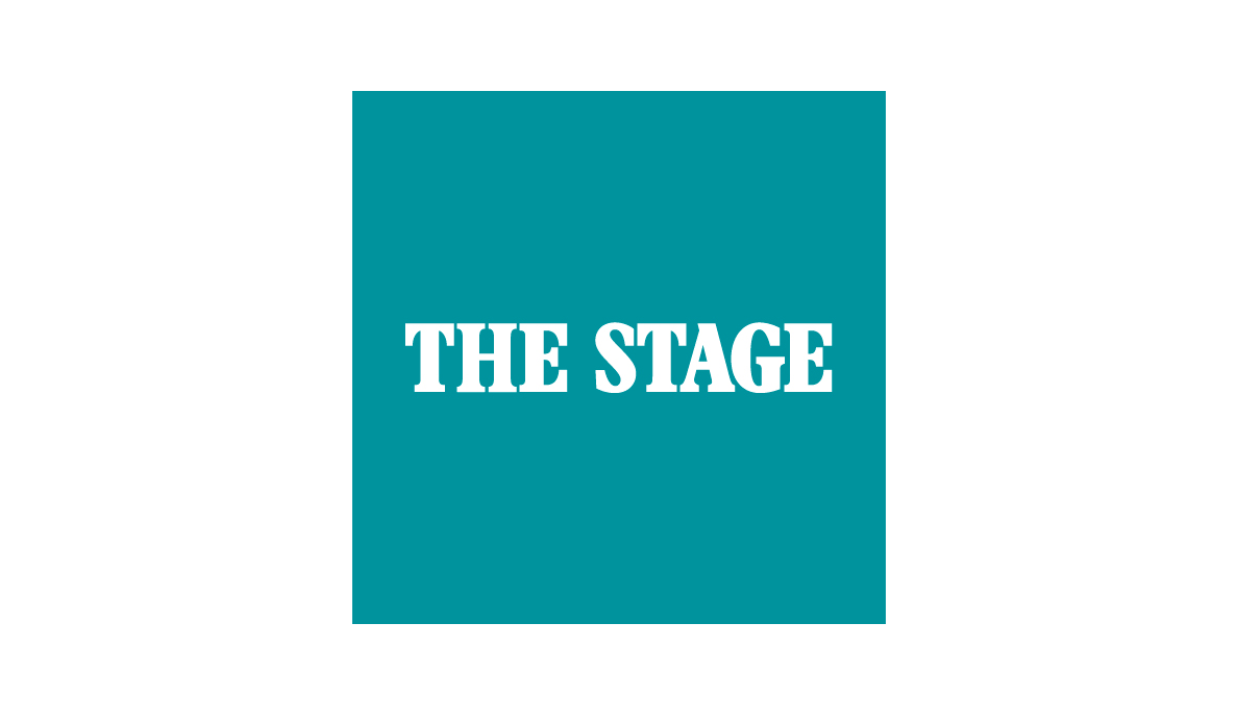Creative Access announces results of annual survey charting business & career sentiment among diverse talent & employers regarding DE&I goals.
- Less than half have made progress compared with two-thirds in 2022
- 9 in 10 haven’t received a promotion and 83% haven’t received a pay rise in the last year
- Optimism has dropped to 31%, falling year-on-year from 66% in 2022
- 46% of freelancers have seen a decline in work
The UK’s creative workforce is facing unprecedented disruption, with staff, freelancers, and employers alike navigating instability, shrinking opportunities, and the rapid introduction of new technologies, according to the latest Thrive report from Creative Access.
Based on the views of 300 respondents – 200 individuals and 100 employers – this year’s research reveals the impact of widespread change across the creative economy.
Amongst a continuing cost-of-living crisis, mass redundancies and an increasingly divisive political climate, the survey captures a stark moment of reckoning for the sector and offers a reflection on how to address the ongoing crises.
Career progression is at a standstill
Less than half of respondents (42%) reported any career progression over the past year, compared with two-thirds in 2022. This was most noticeable amongst those from Black, Asian and ethnically diverse backgrounds and from lower socioeconomic backgrounds.
Nearly 9 in 10 respondents have not received a promotion, and over 80% have not received a pay rise – a trend likely linked to the financial strain faced by many creative organisations.
Career optimism at a four year low
In 2022, two-thirds of respondents felt optimistic about their career. In 2025, that number has more than halved to just 31%. Disabled creatives reported the lowest optimism levels overall.
Freelancers are particularly feeling the squeeze, with 46% reporting a decrease in the volume of work available.
Work is harming wellbeing, especially for disabled creatives
The report shows a troubling rise in negative impacts on mental health, with working hours (22%), poor line management (22%), team dynamics (15%) and a lack of focus on wellbeing (15%) appearing as the most common contributing factors. Disabled creatives were the most likely to say their mental health had been negatively affected by their work (50%).
Still, almost a third of all respondents said their work did have some positive impact on their wellbeing, indicating that the right conditions can still foster fulfilment.
Support works and networks matter
Despite these challenges, there’s evidence that tailored support makes a real difference. Individuals who accessed Creative Access programmes over the past year were more likely to report career progress than those who didn’t. In addition, the vast majority of those who’d received Creative Access services (92%) ranked at least one area of support from Creative Access as either ‘significant’ or ‘very significant’ to their careers.
DE&I is at risk – but employers remain committed
Worryingly, 1 in 20 organisations – and 1 in 7 larger employers – reported a decrease in DE&I spending this year. This may be contributing to a decline in workforce diversity: just 47% of employers said their teams had become more representative, down for the fourth consecutive year.
Equity in progression and reward also appears stuck, with 42% of employers reporting no change in the past 12 months.
Yet there are reasons for hope: 44% of organisations said they had increased their DE&I spend – an uplift on last year’s 35%. Meanwhile, 82% of employers attributed their organisation’s progress in DE&I to working with Creative Access.
AI adoption is skyrocketing – but raises questions
Creative organisations have embraced AI at an astonishing rate: just 3% were using AI last year whereas now in 2025, 53% are.
But the workforce is still catching up. Only 18% of individuals say they’ve received AI training, and 82% have concerns about the ethical and inclusive implications of AI use in creative settings.
On the findings, CEO of Creative Access, Mel Rodrigues said:
“The creative industries are experiencing a period of profound and sustained upheaval. With optimism fading and career progression stalling, it’s vital that we now double down on our support for under-represented talent. If we don’t, we will lose a critical mass of skilled and experienced talent who have contributed immeasurably to our collective success over the past decade.
Creatives need nurturing at all stages of their careers, to be able to innovate, stay afloat, and to do their best work. If we want a more equitable future for the creative economy, now is the time to invest – in people, in progression, and in the partnerships that open doors so talent from under-represented backgrounds can thrive at every level in their careers.”
Read the report: Thrive report: An Industry in Flux




